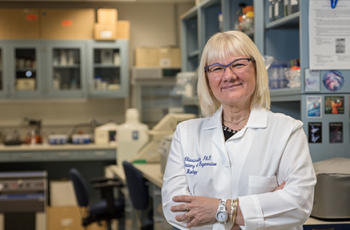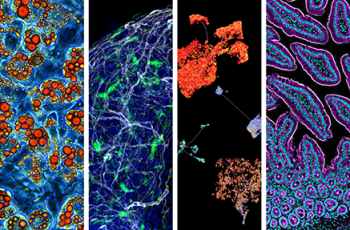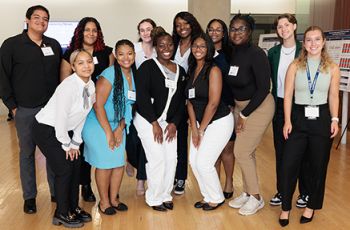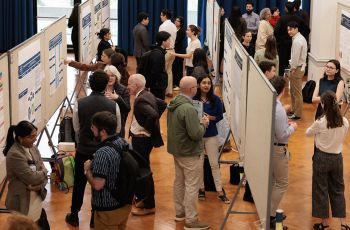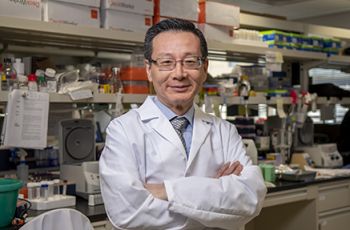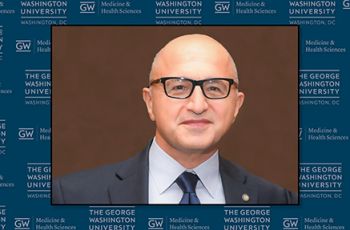Research News
A basket clinical trial focused on a pair of rare mitochondrial diseases, MELAS and LHON-Plus, is led by Anne Chiaramello, PhD, professor of anatomy and cell biology at GW SMHS, is now registration on ClinicalTrials.gov.
The ninth annual Art of Science competition highlights the beauty and elegance of ongoing research at GW SMHS.
The George Washington University (GW) School of Medicine and Health Sciences (SMHS) Center for Population Health Sciences and Health Equity (CPHSHE) announced the inaugural cohort of Population Health and Health Services Research Scholars.
The George Washington (GW) University School of Medicine and Health Sciences (SMHS) selected Norman Lee, PhD, professor of pharmacology and physiology at SMHS, to serve as director for the Integrated Biomedical Sciences (IBS) PhD Program. Beginning Aug. 1 and reporting to Senior Associate Dean for…
The George Washington University (GW) Summer Program Advancing Research on Cancer (GW-SPARC) concluded its annual research immersion experience with a vibrant poster session on Aug. 1.
More than 250 research submissions highlighting the breadth of research and scholarly activities at the George Washington University (GW) School of Medicine and Health Sciences (SMHS) were featured during the 2024 GW SMHS Research Showcase, April 25.
Rong Li, PhD, chair of the Department of Biochemistry and Molecular Medicine and Ross Professor of Basic Science Research received the 2024 GW Inventor of the Year award for his research addressing breast cancer treatment and prevention, particularly triple-negative breast cancer.
GW School of Medicine and Health Sciences researcher Qing Zeng, PhD, professor of clinical research and leadership, director of GW’s Biomedical Informatics Center, receives a grant to partner on development of Artificial Intelligence tools to help frontline health care workers serving under-…
New Research by George Washington University School of Medicine and Health Sciences faculty members finds women in health care occupations endure significantly more stress and burnout compared to their male counterparts.
GW Professor Mountasser Kadrie, PhD, MHA, FACHE, FHIMSS, FACMPE, received a Fulbright Specialist Grant for the development of a “Hospital Management and Operational Excellence Program” for the Egyptian Ministry of Health and Population, to enhance hospital operation management competency for all…
